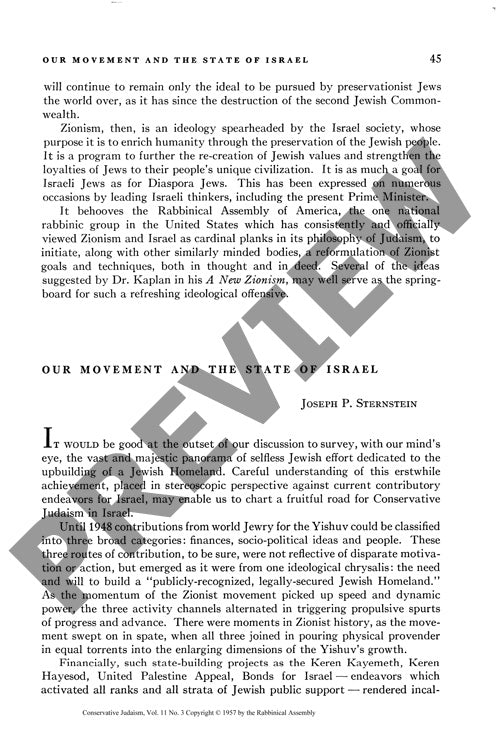Our Movement and the State of Israel
Couldn't load pickup availability
Conservative Judaism's failure to establish meaningful ideological influence in Israel, despite substantial diaspora contributions to state-building, represents a critical missed opportunity in modern Jewish religious development. Through historical analysis of diaspora engagement across financial support, socio-political ideas, and human migration, this research reveals how Orthodox Judaism maintained institutional dominance while Conservative and Reform movements remained marginalized during pre-state and early statehood periods. Israel's existing religious institutions now suffer from political instrumentalization and spiritual ineffectiveness, creating an opening for Conservative Judaism's distinctive approach. The movement's unique synthesis of historical continuity (vertical dimension) and contemporary Jewish peoplehood (horizontal dimension) positions it ideally to address Israel's religious needs. Conservative Judaism's legal-historical continuity appeals to Israelis seeking authentic Jewish identity, while its adaptive capacity addresses modern realities. Rather than pursuing political maneuvering, direct engagement through practical religious institutions, model synagogues, and adult education programs offers the most promising path forward. Such an approach emphasizes creating living examples of Conservative practice that can organically influence Israeli Jewish life while fostering reciprocal spiritual enrichment between Israeli and diaspora communities.

More Information
-
Physical Description
-
Publication Information
Published 1957
ISBN
-
Publication Credits
Joseph Sternstein

